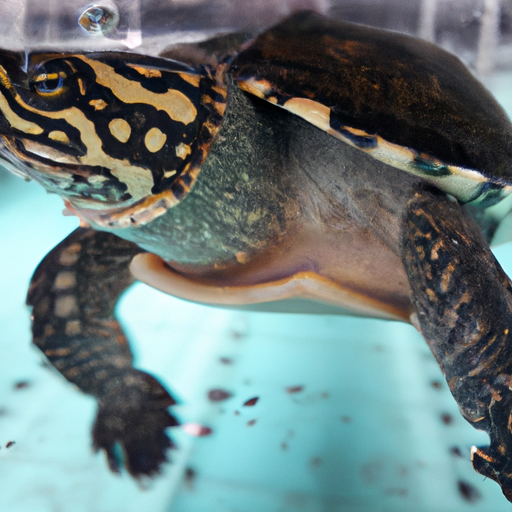 Introduction:
Introduction:
Class B animal dealers have long been a subject of intense scrutiny and controversy within the animal welfare community. These individuals or businesses serve as intermediaries between various sources and end-users, supplying animals for research, exhibition, and sometimes even as pets. However, the practices and ethics surrounding class B animal dealers have raised numerous concerns, leading to ongoing debates and calls for stricter regulations. This article aims to shed light on the complex world of class B animal dealers, exploring their operations, controversies, ethical dilemmas, and the challenges faced by regulatory bodies.
Understanding Class B Animal Dealers:
Class B animal dealers are distinct from class A dealers, who breed and raise animals specifically for research or exhibition purposes. Class B dealers, on the other hand, acquire animals from various sources, such as auctions, shelters, and individuals, and sell them to research institutions, educational facilities, and other entities involved in animal industries. These dealers often function as middlemen, facilitating the trade and transportation of animals from their original sources to end-users.
Controversies Surrounding Class B Animal Dealers:
1. Animal Welfare Concerns:
One of the primary concerns associated with class B animal dealers revolves around animal welfare. Critics argue that these dealers often obtain animals through questionable means, including stealing pets, acquiring stray animals, and even engaging in illegal activities. The conditions in which animals are transported and housed during their time with class B dealers have also been a cause for concern, with reports of overcrowding, neglect, and inadequate veterinary care.
2. Unregulated Trade:
Another contentious issue surrounding class B animal dealers is the lack of regulations governing their operations. Unlike class A dealers, who are subject to more stringent oversight, class B dealers often fall into a regulatory gray area. This lack of oversight has led to allegations of illegal activities, such as falsifying records, misrepresenting animal origins, and engaging in unscrupulous practices to meet the demand for specific breeds or species.
3. Ethical Dilemmas:
Class B animal dealers have been at the center of ethical debates due to their involvement in sourcing animals for research purposes. Animal rights activists argue that using animals in scientific experiments, especially when acquired through questionable means, is inherently unethical. This raises questions about the morality of supporting an industry that profits from the exploitation and suffering of animals.
Regulatory Challenges:
Regulating class B animal dealers poses significant challenges for governmental and non-governmental organizations responsible for animal welfare. Some of the key obstacles include:
1. Jurisdictional Complexity:
Class B animal dealers often operate across state and national borders, making it difficult for regulatory bodies to oversee their activities effectively. The lack of a centralized regulatory authority complicates efforts to enforce consistent standards and ensure compliance.
2. Resource Constraints:
Regulatory bodies face resource limitations in terms of funding, personnel, and expertise. This hampers their ability to conduct thorough inspections, investigations, and enforcement actions against class B animal dealers. Insufficient resources also hinder the development and implementation of comprehensive regulations.
3. Lobbying and Political Influence:
The animal industry, including class B animal dealers, often wields significant political influence through lobbying efforts and financial contributions. This influence can impede the creation of robust regulations and enforcement mechanisms, allowing certain practices to persist despite ethical concerns and public outcry.
Calls for Change:
In response to the controversies surrounding class B animal dealers, various animal welfare organizations, activists, and concerned citizens have called for stricter regulations and even the outright ban of their operations. Advocates argue that prohibiting the use of animals sourced from class B dealers in research and exhibition would be a significant step towards improving animal welfare and ethics in these industries.
Conclusion:
Class B animal dealers occupy a controversial and morally ambiguous space within the animal industry. While some argue that they serve as essential intermediaries, facilitating the supply of animals for research and other purposes, others condemn their practices as unethical and inherently exploitative. The ongoing debates, controversies, and regulatory challenges surrounding class B animal dealers highlight the need for a comprehensive and enforceable framework to ensure animal welfare, ethical treatment, and accountability within this sector.
